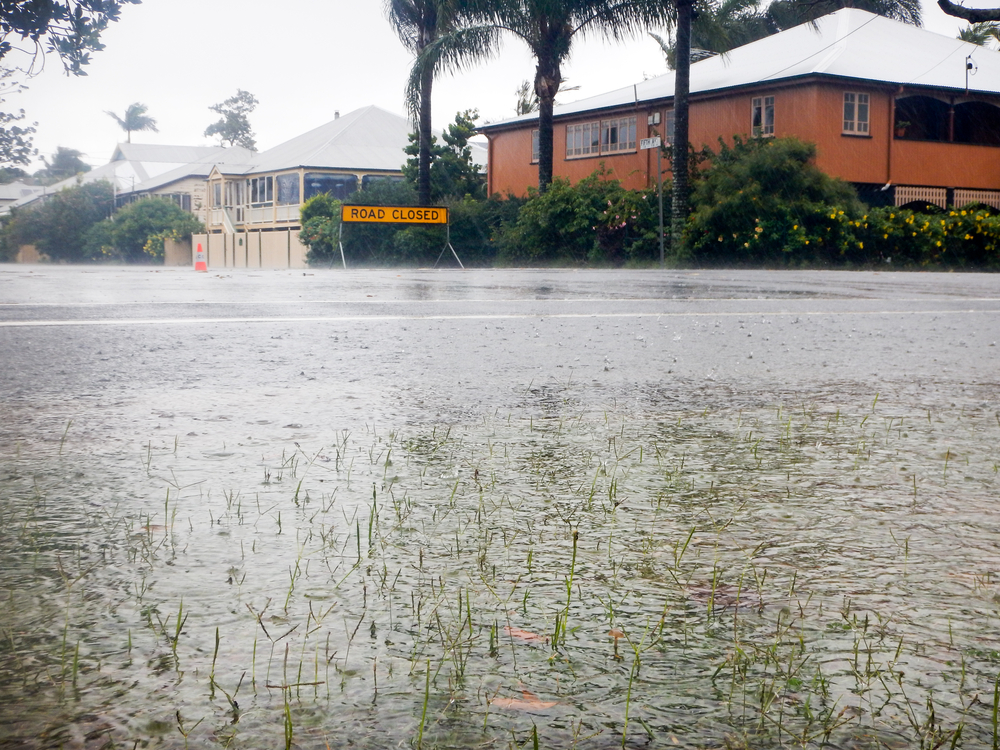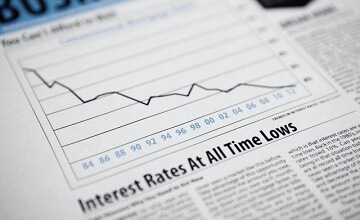The impact of natural disaster on property values and insurance
Australia’s vast expanses and varied climates make us prone to natural disasters.
In recent years alone, we’ve experienced the devastating impacts of bushfires in the southern parts of the country, flooding along the Eastern Coast, as well as significant storm events and cyclones.
As you can imagine, the aftermath of a natural disaster typically involves a lot of clean-up and rebuilding for those affected.
However, there are also a number of flow-on effects from these events for those not directly affected that are of particular importance to homeowners and first home buyers.
Impact on Home Values
A natural disaster can drastically reduce the market value of affected properties, as property buyers become deterred by the high risk factor associated with the property or area.
This can also make it difficult for owners to sell their homes or vacant land, as the buyer pool willing to take on that risk reduces.
In some cases, properties in high-risk areas may become uninsurable, which can further impact value, sometimes causing these properties to become unsellable as purchasers are deterred by the inability to insure the property.
Impact on Insurance
Following a natural disaster, insurance companies are inundated with claims for damages, which can take months, or even years, to process.
Property owners in affected areas may face increased premiums, regardless of whether or not the event directly impacted them, due to insurance companies requiring their underwriters to assess potential future risks to ensure a balanced risk portfolio across their entire insurance pool.
For example, in its ‘Report on Home and Contents Insurance Prices in North Queensland’, the AGA reported that North Queensland’s home and contents insurance premium rates had increased by around 80 per cent over the period of its investigation. Throughout that time, North Queensland experienced Cyclone Larry, Cyclone Yasi, and the Mackay Storms. By comparison, premium rates across Australia increased by around 25 per cent for the same period.
Underinsurance or uninsurance is often the outcome, with homeowners either unable to afford the cover or justify the cost, presenting a substantial financial risk to homeowners if a natural disaster occurs.
Tips for Property Buyers
It is crucial to conduct thorough research, especially when considering buying a property in an area prone to disasters.
Know the Property History
Research the history of the property, including the surrounding area, to understand the risk for natural disasters:
- Research historical records of property damage in the area.
- Check with the local council for any risks in the area and any tools they might offer.
- Be familiar with the environmental factors that create risk for the area.
Read the Fine Print
Not all insurance policies are created equal, so it’s essential to understand the terms and policy definitions of any insurance contracts, particularly for disaster prone areas:
- Discuss the appropriate levels of insurance coverage with an insurance agent,
- Research insurance providers and consider their options.
Also, by researching insurance coverage and obtaining quotes during your property due diligence, you can factor the actual cost into your budget to ensure you can afford cover and not be forced into uninsurance or underinsurance.
Risk Mitigation & Disaster Management
If you’re looking to purchase a property in a high risk area, be aware of risk mitigation strategies to assist with reducing risk.
- Understanding your property’s building materials and construction methods may help to protect your property.
- Understanding risk mitigation activities you could take to reduce your exposure. For example, in bushfire prone areas, being aware of hazard reduction activities such as fuel-reduction burning, removal of vegetation and maintaining fire lines.
Without appropriate insurance cover or a streamlined disaster management plan, the financial implications of natural disasters can have dire consequences.
If you’d like further advice in relation to ensuring you are adequately protected, or if you require assistance with purchasing a home, please reach out to discuss how we might be able to assist.
The information provided in this article is general in nature only and does not constitute personal financial advice.






